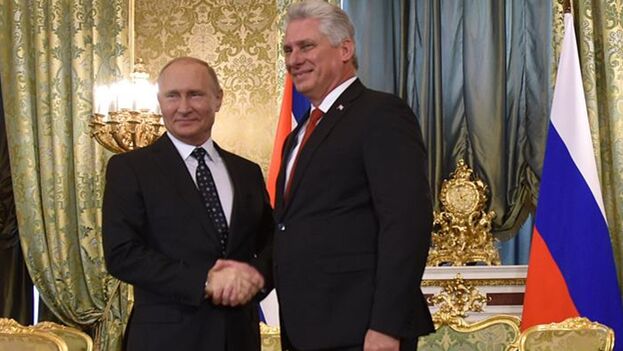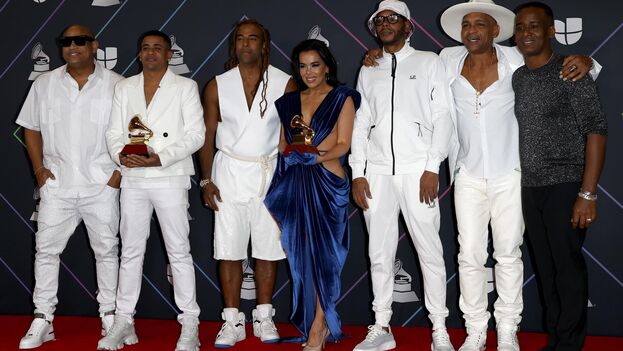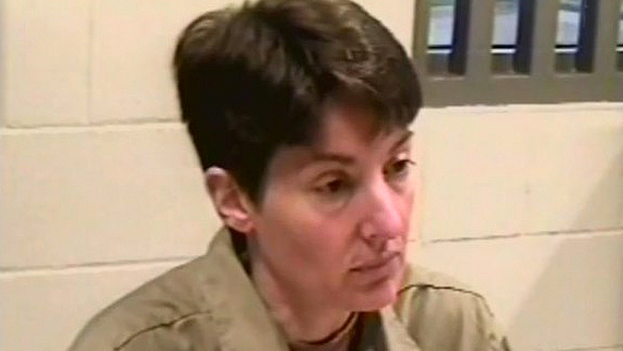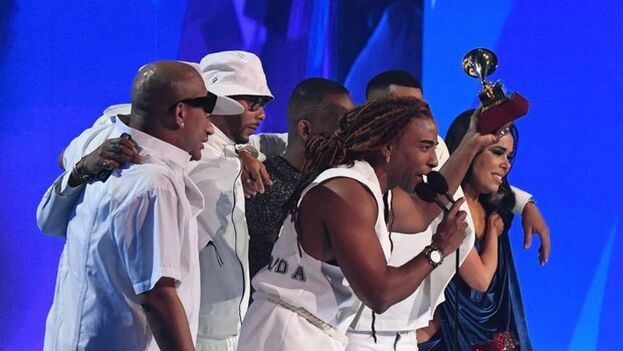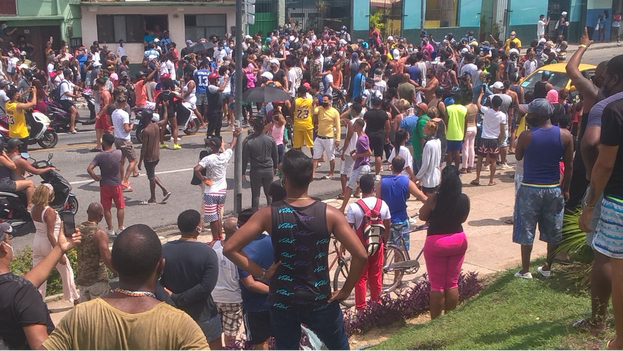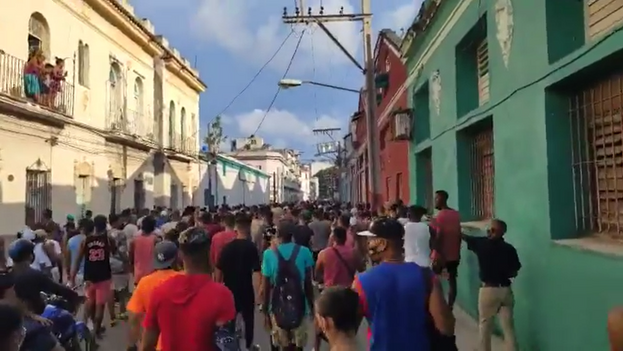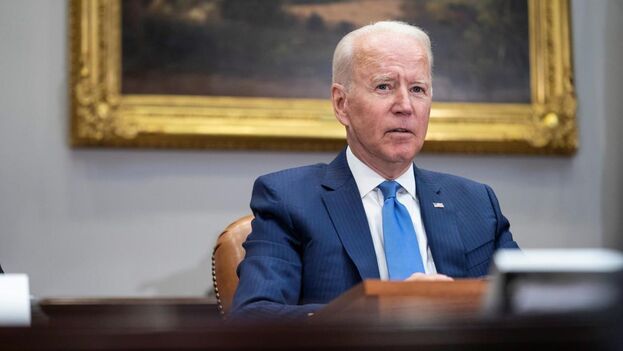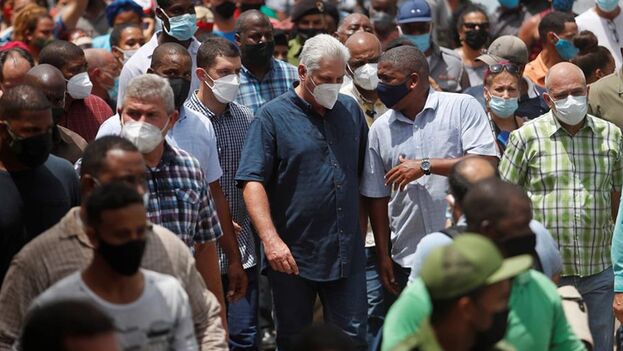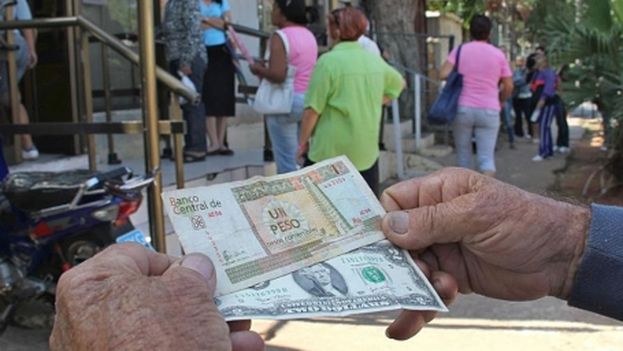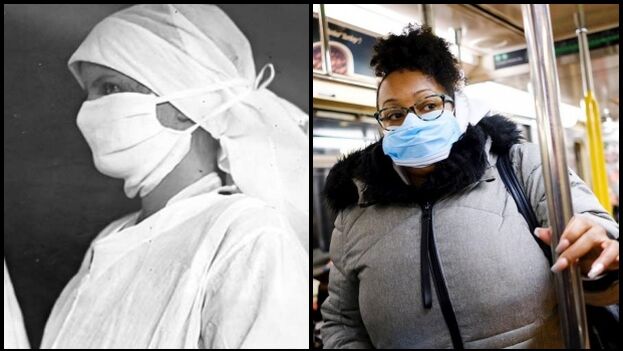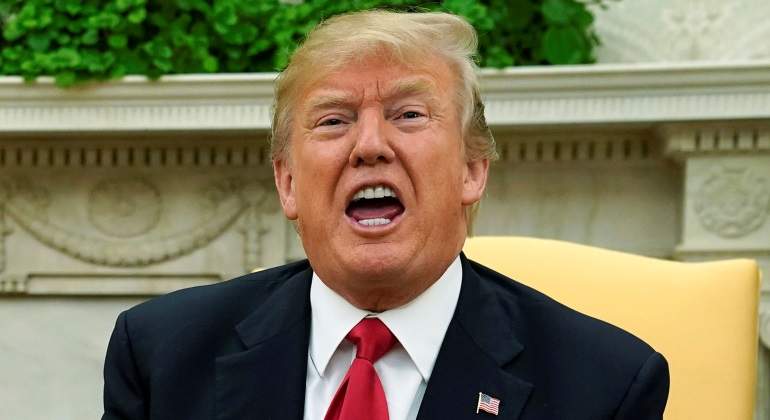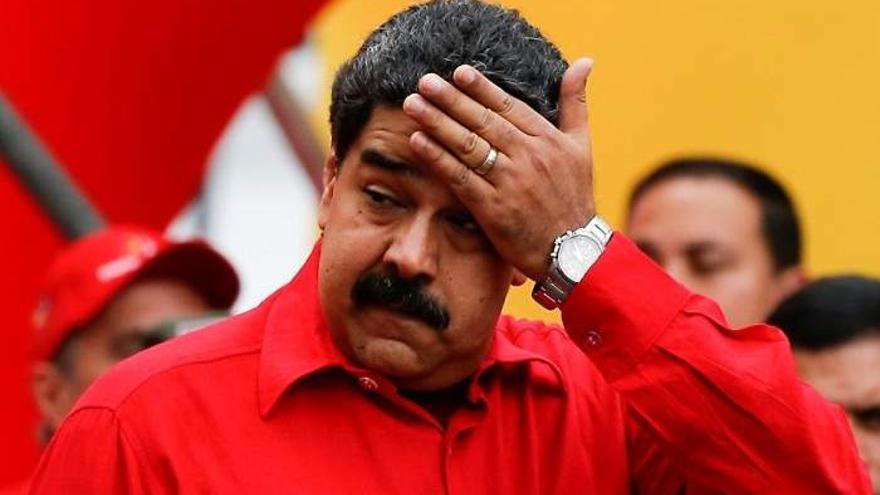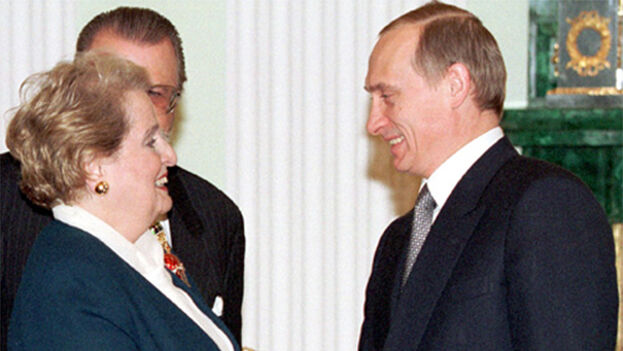
![]() 14ymedio, Carlos Alberto Montaner, Miami, 27 February 2022 — It was the early days of the year 2000. The first major American official who spoke with Vladimir Putin was Madeleine Albright. Mrs. Albright, born in Prague, was then Secretary of State in the second term of the Clinton administration. She recorded her impression of the person who had replaced Boris Yeltsin at the helm in Russia: “He is small and pale, and he is so cold and emotionless, that he could be a reptile”.
14ymedio, Carlos Alberto Montaner, Miami, 27 February 2022 — It was the early days of the year 2000. The first major American official who spoke with Vladimir Putin was Madeleine Albright. Mrs. Albright, born in Prague, was then Secretary of State in the second term of the Clinton administration. She recorded her impression of the person who had replaced Boris Yeltsin at the helm in Russia: “He is small and pale, and he is so cold and emotionless, that he could be a reptile”.
She hit the mark with that comment. But she said more, “Putin is ashamed of what happened to his country and is determined to restore its greatness.” She hit the mark again. That’s what just happened to Ukraine. Without having done anything to deserve it, Ukrainians are paying the price for the restoration of Russian greatness. The article by the former Secretary of State was published in the NYT under the title “Putin makes a historic mistake.”
It is ridiculous, for example, to say, as Putin has said, that Ukraine is a Russian invention. Any high school graduate knows that it is the other way around – the idea of imperial Russia arose from Kievan Rus between the 9th and the 13th century. Just as it is foolish to accuse the current rulers of Ukraine of being “Nazis.” If anyone remembers Adolf Hitler, it is Mr. Vladimir Putin, who has no other argument to claim the Donbass than the one used by the Nazis to claim the Czech Sudetes – they were full of Germans. Franz Kafka, for example, lived in Prague, but spoke and wrote in German, although he had the elegance of dying in 1924 at the age of 40, before the Hitlerian whirlwind devastated Europe and, with it, the Jews, who had done so much good to the Old Continent from a technical, scientific, artistic and financial point of view. continue reading
The two eastern regions of Ukraine (Donetsk and Lugansk) were populated – I was going to write “plagued” – by ethnic Russians who communicate in Russian. Since Russian and Ukrainian have a common origin and share the same alphabet, some people think that it is the same language, but it is not true. According to many philologists, Ukrainian language is closer to Polish or Czech than to Russian. In addition, ensuring that Donetsk and Lugansk separate from Ukraine is an unspeakable forgetfulness of the values of the republic, safeguarded by the Minsk Agreements, signed in 2014 and 2015 in the capital of Belarus, the same government that today betrays them.
What is Russia seeking by crushing its neighbor Ukraine with its overwhelming military power? If Putin thinks that by reestablishing the ‘zones of influence’ Russia will be more protected against a nuclear rocket, he has failed to find out (as a CNN analyst said) the current correlation of forces. The fate of Moscow or Saint Petersburg, and of any densely populated Russian city, lies in an unknown silo in Nebraska or Montana and in a GPS with the encrypted address of the site to which it will take its nuclear warhead, fifty times more destructive than the bomb that reduced Hiroshima to ashes in 1945.
Influence is measured nowadays by the quality and price of the objects around us, and none of them are Russian. Indeed, Russia has a third world economy. It has the approximate size of the Italian economy, but with 2.45 times more inhabitants. It is a single producer and exporter of energy, like Saudi Arabia, but without the investment expertise of Arab businesspeople. When gas and oil run out or are replaced by other technology (German scientists are experimenting with neutrinos), Russia – Vladimir Nabokov said in another context – “was a dream I had,” as the filmmaker Jiménez-Leal frequently quotes.
The sanctions will have a devastating effect on Russia’s third world economy. Depriving it of its sources of financing or the markets that buy Russian gas or oil will have a decisive impact in the medium or long term. Especially if an alternative for the supply of gas and oil is achieved and a real agreement is established between the US, the European Union, Switzerland, Japan, South Korea, Canada and Australia. This agreement, in turn, must impose very serious sanctions against those who violate the agreement.
Are we close to World War III, as happened in 1962 during the “Missile Crisis”? No, but the reasons for preventing it are the same: Russia would be thoroughly destroyed. It is true that the United States would also be knocked down, but wars are fought to win them, not to lose them or to be half demolished. In the US, where everything is calculated, it is assumed that cities with more than 50,000 inhabitants would be destroyed. Of course, there is an increased risk that a definitive conflict occurs by chance and not by the intention of the involved parties. In the 1960s and 1970s there were at least two occasions when nuclear escalation was very possible. In both cases we were saved by the good sense of a Soviet intermediate-rank operator, who listened to his intuition and did not follow “the rules of engagement.” There is no guarantee that this will happen in the future.
____________
COLLABORATE WITH OUR WORK: The 14ymedio team is committed to practicing serious journalism that reflects Cuba’s reality in all its depth. Thank you for joining us on this long journey. We invite you to continue supporting us by becoming a member of 14ymedio now. Together we can continue transforming journalism in Cuba.

